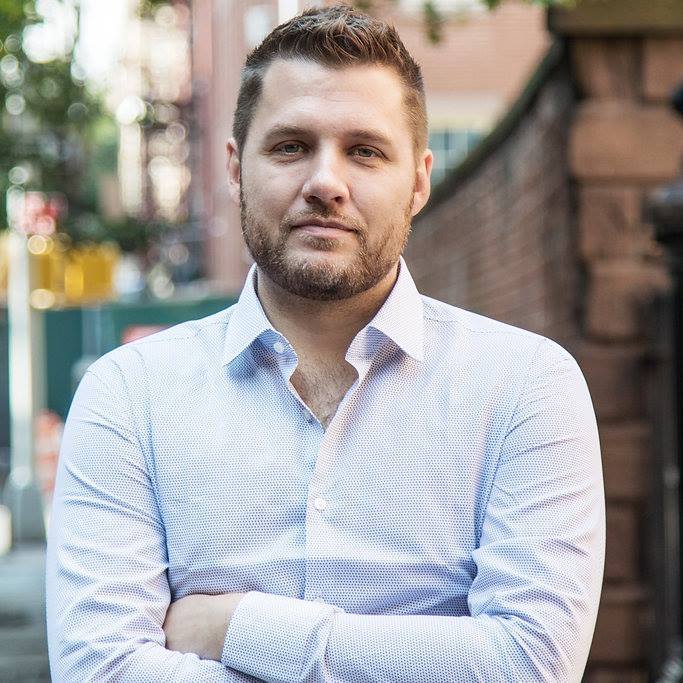
Here are 20 paradoxes that, oddly enough, work.
The famous psychiatrist Carl Gustav Jung believed that the qualities that irritate us in other people are actually a reflection of those qualities that we deny in ourselves. For example, those who are dissatisfied with their weight will notice chubby everywhere. And people experiencing financial difficulties will criticize those who earn a lot. Sigmund Freud called it projection. Most would just call it "being a jerk."
People who constantly feel insecure in relationships are more likely to undermine them themselves. After all, we often try to protect ourselves from pain by hurting others first.
No one likes those who try too hard.
Edison created more than 10,000 incandescent lamp samples before he invented a successful variant. And you've probably heard many more similar stories. Success comes when we improve and improve, and we have to improve when we have failed.
With the exception of really life- and health-threatening situations, our "hit or run" instinct usually turns on when we encounter injuries from the past or actions that cause us discomfort. For example, it is usually difficult for us to talk to an attractive person, to call someone with a request for a job, to speak in public, to start our own business, to express a controversial opinion, to be extremely honest with someone.
As Anais Nin wrote: "Life contracts and expands in proportion to your courage."
Every time we learn something, we have new questions.
It would seem that it should be the opposite. But people treat others the same way they treat themselves. It may not be noticeable from the outside, but those who are cruel to others usually show cruelty to themselves.
Despite the fact that we now have much more different means of communication, in recent decades researchers have noted an increased level of loneliness and depression in developed countries.
This is also called a self-fulfilling prophecy.
When we expect something to be difficult, we often unconsciously complicate it ourselves.
We subconsciously believe that rare things are more valuable, and what is available in abundance has a lower value. That's not so.
We usually find the other half when we are happy with ourselves and don't need someone else to be happy.
When we are calm about the fact that we are not so good, others consider it a virtue. This is one of the advantages of vulnerability.
This is a strong argument against jealousy: when feelings or actions turn into obligations, they simply lose their meaning. If a partner feels obligated to be with you for the weekend, the time spent together is deprived of any value.
Most disputes are based on emotions. They flare up when participants try to change each other's minds. In order for the discussion to be objective, both sides must agree to leave aside their perceptions and turn only to the facts (and few people succeed in this).
This is how the well-known paradox of choice manifests itself. When we have a lot of options, the costs of lost profits also increase (what we will lose by making this or that choice). Therefore, we are not so happy with the decision that we make in the end.
There is a direct correlation between how open a person is to other points of view and how much he knows about a particular subject. As the English mathematician and philosopher Bertrand Russell said: "Alas, that's the way the world works: the thick-headed are firmly confident in themselves, and the smart ones are full of doubts."
It is very important to accept this, no matter how the brain resists.
This is another one of those hackneyed statements that seem very deep, but in fact mean nothing. However, it does not lose its loyalty from this!